Navigating the Twists and Turns of Cognitive Distortions
Have you ever found yourself trapped in a spiral of negative thinking, unable to see the situation in a clear light? These are often signs of cognitive distortions—misleading thought patterns that can affect our mood and behavior. In this article, we delve into what cognitive distortions are, their common types, and effective strategies to overcome them, paving the way for improved mental health and well-being.
Unraveling Cognitive Distortions
Cognitive distortions are irrational thought patterns that distort reality, often leading to negative emotions and unhealthy behavior. These mental traps can hinder our ability to process experiences objectively, affecting our daily lives. Recognizing these patterns is the first step toward changing them.
Common Types of Cognitive Distortions
All-or-Nothing Thinking: Seeing things in black and white, without recognizing any middle ground.
Overgeneralization: Drawing broad conclusions from a single event.
Mental Filtering: Focusing exclusively on the negatives and disregarding positives.
Disqualifying the Positive: Rejecting positive experiences as flukes.
Jumping to Conclusions: Assuming the worst without evidence, often through mind reading or fortune-telling.
Magnification and Minimization: Exaggerating negatives and understating positives.
Emotional Reasoning: Believing that your feelings reflect reality.
Should Statements: Holding yourself to rigid, unrealistic standards.
Labeling and Mislabeling: Assigning harsh labels to yourself or others based on limited info.
Personalization: Blaming yourself for things beyond your control.
Strategies to Counter Cognitive Distortions
Mindfulness Practice: Cultivate awareness of your thoughts and question their accuracy.
Cognitive Restructuring: Challenge and reframe negative thoughts into more balanced perspectives.
Journaling for Clarity: Write down your thoughts to identify patterns and distortions.
Seeking External Perspectives: Discuss your thoughts with others to gain different viewpoints.
Professional Guidance: Work with therapists to develop personalized coping strategies.
Understanding and managing cognitive distortions is a crucial aspect of maintaining mental health. By recognizing these patterns and implementing effective strategies, you can reshape your thinking, leading to a more balanced and fulfilling life.

